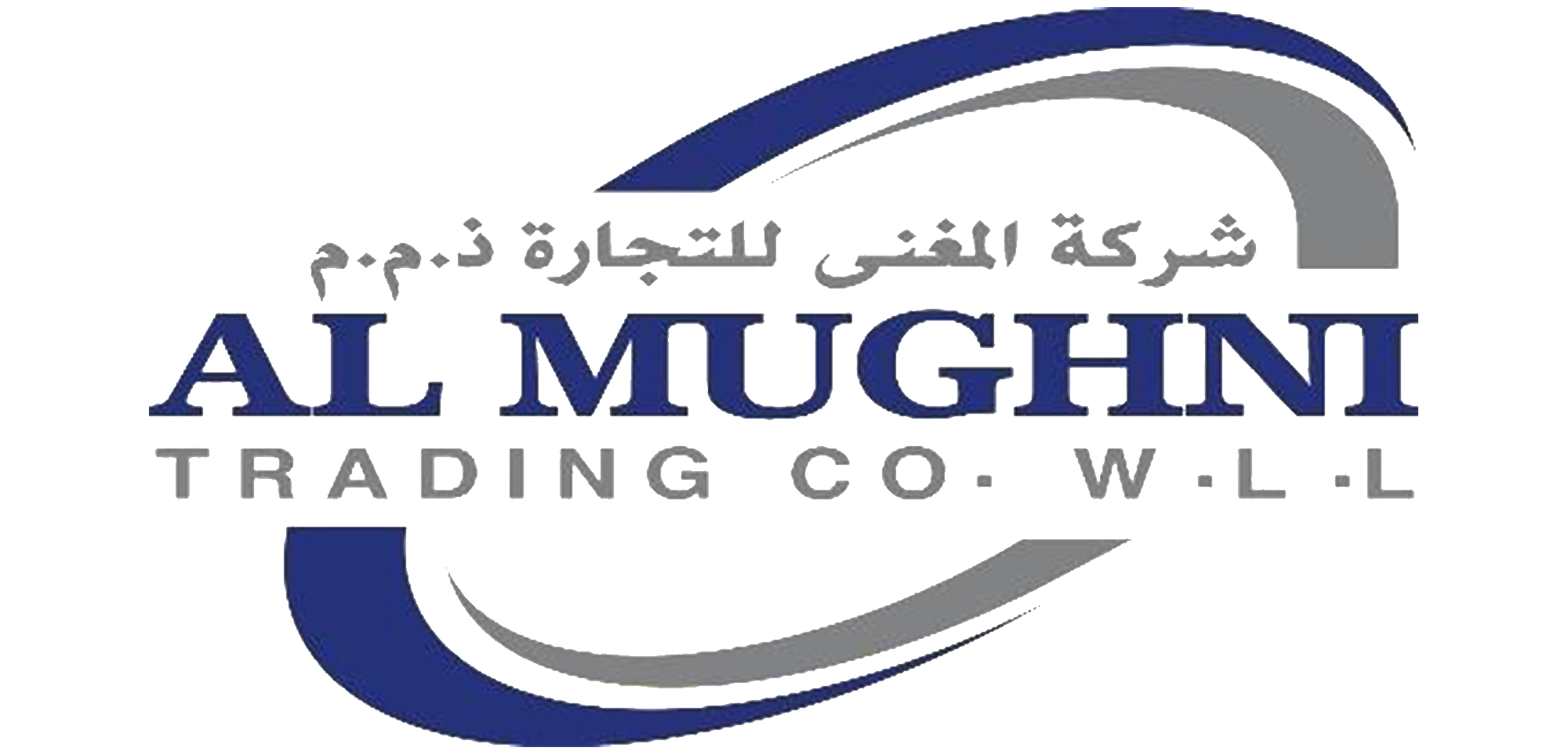In the ever-evolving world of education and learning, where info streams abundantly and ask questions and receive answers accessibility to understanding is just a click away, student-driven encyclopedias are becoming a vibrant device in the understanding process.

These systems not only supply trainees with a repository of information however likewise encourage them to add, edit, and curate material, fostering a collective and interactive learning environment.
As educational paradigms change towards more participatory and comprehensive designs, the idea of student-driven encyclopedias embodies this improvement. These systems equip students to become active participants in understanding development, bridging the space in between conventional textbook learning and contemporary digital sources.
The Idea of Student-Driven Encyclopedias
Student-driven encyclopedias are digital systems where trainees jointly gather, verify, and distribute info on a wide array of topics. Unlike traditional encyclopedias, which are typically created by professionals, these systems leverage the collaborative efforts of pupils to develop a comprehensive body of expertise.

At their core, student-driven encyclopedias are developed to grow crucial reasoning, research abilities, and electronic proficiency among students. By engaging in the process of content creation, students find out to browse and examine information critically, skills that are necessary in today’s information-rich society.
In addition, these systems work as a space for trainees to explore their passions and share their know-how. This democratic approach to expertise creation makes certain that a varied series of point of views and voices are stood for, enriching the finding out experience for all participants.
- Students get hands-on experience in research study and content production.
- Urges partnership and peer interaction.
- Promotes a deeper understanding of topic.
- Fosters inclusivity and variety in expertise representation.
Basically, student-driven encyclopedias change trainees from easy recipients of info into active contributors, instilling a sense of ownership and duty in their academic trip.
Advantages of Student-Driven Encyclopedias
One of the primary benefits of student-driven encyclopedias is the development of necessary 21st-century abilities. As students participate in the process of content production, they develop their vital reasoning, electronic proficiency, and communication abilities, all of which are essential in today’s interconnected world.
Additionally, these platforms encourage a collaborative discovering setting, where trainees can collaborate to validate information, argument various perspectives, and co-edit articles. This peer-to-peer communication not only enhances finding out results however likewise fosters a sense of neighborhood and mutual respect amongst trainees.
Furthermore, student-driven encyclopedias offer a platform for showcasing student work. As trainees contribute to the encyclopedia, they build a profile of their research and writing, which can be invaluable for more scholastic and professional quests.
Obstacles and Limitations
Regardless of the countless advantages, student-driven encyclopedias likewise deal with particular obstacles. Making sure the precision and integrity of details is vital, as these systems rely on contributions from students that may not yet have expert-level knowledge.
- Preserving content quality and precision.
- Offering sufficient supervision and advice.
- Making certain fair access and inclusivity.
To minimize these difficulties, many student-driven encyclopedias execute a system of checks and balances, where material is assessed by instructors or experts prior to publication. This guarantees that the info presented is both precise and trustworthy, promoting the stability of the system.
The Future of Student-Driven Encyclopedias
As modern technology remains to development and the landscape of education and learning advances, the potential for student-driven encyclopedias is huge. These systems have the capacity to not only enhance typical instructional resources however also redefine the way understanding is gotten and shared.
In the future, we might see student-driven encyclopedias incorporating more advanced innovations such as expert system and artificial intelligence to enhance material curation and customization. Furthermore, they might expand beyond textual information to consist of multimedia web content, providing a more immersive understanding experience.
Empowering the Next Generation
Student-driven encyclopedias hold the assurance of encouraging the future generation of students. By putting pupils at the helm of understanding creation, these systems encourage long-lasting discovering, curiosity, and intellectual self-reliance.
In conclusion, as instructional systems continue to innovate, student-driven encyclopedias stand as a testament to the power of cooperation and the significance of pupil firm in the knowing process. By accepting these systems, we open the doors to a much more inclusive, interesting, and dynamic educational experience for all.

